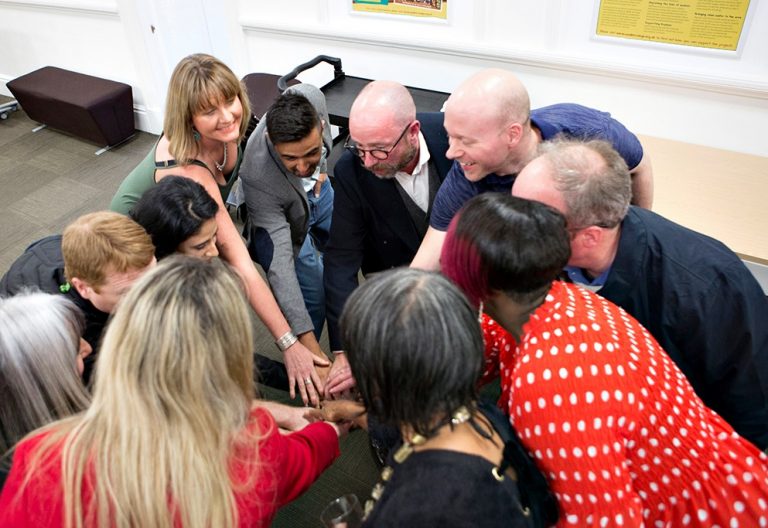Need help with your goals? In the bustling arena of self-improvement and personal growth, goal setting reigns supreme as the cornerstone of achieving our dreams and aspirations. However, the path to goal realisation is often fraught with pitfalls and distractions, leading many to abandon their ambitions before even reaching the starting line.
Fear not, for this blog post will equip you with the tools and techniques necessary to set effective goals, overcome obstacles, and transform your aspirations into tangible realities.
1. SMART Goals: The Cornerstone of Effective Goal Setting
The acronym SMART has become synonymous with effective goal setting, providing a framework for crafting clear, concise, and achievable objectives. Let’s delve into each element of SMART goals:
S – Specific
Your goals should be specific and well-defined, leaving no room for ambiguity. Instead of vague aspirations like “get healthier,” set specific, measurable goals like “lose 10 pounds” or “exercise three times a week.”
M – Measurable
Quantify your goals whenever possible. Instead of aiming to “improve communication skills,” set measurable goals like “deliver a confident presentation to 20 people” or “reduce public speaking anxiety by 50%.”
A – Attainable
Your goals should be challenging but realistic. While setting ambitious targets is admirable, ensure they align with your current capabilities and available resources. Overly ambitious goals can lead to discouragement and derail your progress.
R – Relevant
Ensure your goals align with your overall values, aspirations, and life plan. Setting irrelevant goals can lead to a sense of misalignment and a lack of motivation.
T – Time-Bound
Set deadlines for your goals to create a sense of urgency and accountability. Instead of aiming to “become a successful entrepreneur,” set a time-bound goal like “launch a profitable online business within 12 months.”
2. Crafting Goals with Emotion: Harnessing the Power of Passion
While SMART goals provide a structured framework, incorporating emotion into your goal-setting process can be a powerful motivator. Consider the following elements:
Find Your Why: Delve into the underlying reasons behind your goals. Why is this goal important to you? What do you hope to achieve by accomplishing it? Identifying your ‘why’ will fuel your passion and determination. There is a great TED talk on this topic from Simon Sinek
Visualise Success: Take time to vividly imagine yourself achieving your goals. See yourself crossing the finish line, receiving accolades, or experiencing the positive impact of your achievement. This visualisation exercise will anchor your goals in your mind and strengthen your resolve.
Associate Goals with Positive Emotions: Connect your goals with positive emotions and experiences. Imagine the joy, satisfaction, and fulfillment that will accompany your success. This emotional association will enhance your motivation and make goal pursuit more enjoyable.
3. Overcoming Obstacles: Strategies for Staying on Track
The path to goal achievement is rarely smooth and linear. Inevitably, you will encounter obstacles and setbacks along the way. Here are some strategies to overcome these challenges:
- Anticipate Roadblocks: Recognise that obstacles are inevitable and anticipate potential challenges. This mental preparedness will help you develop coping strategies and maintain resilience.
- Embrace Small Wins: Celebrate your progress, no matter how small. Each step forward, no matter how insignificant it may seem, contributes to your overall success.
- Seek Support: Don’t hesitate to seek support from friends, family, mentors, or coaches. Their encouragement and guidance can be invaluable in overcoming obstacles.
- Adapt and Adjust: Be flexible and willing to adapt your goals and strategies as needed. Circumstances change, and it’s important to remain agile and adjust your approach accordingly.
- Remember Your Why: When facing setbacks, revisit your underlying motivation. Remind yourself of the reasons why your goals are important to you and rekindle your passion for pursuing them.
Conclusion: The Power of Goal Setting
Goal setting is not merely about ticking off tasks on a to-do list; it’s about crafting a roadmap for your desired future. By following the principles of SMART goals, harnessing the power of emotion, and developing strategies to overcome obstacles, you can transform your aspirations into tangible realities. So, embark on this journey of goal setting with passion, determination, and resilience, and watch as your dreams take flight.
If you’re ready to overcome your limiting beliefs and become a successful coach, I encourage you to attend one of our 1-Day Coaching Diplomas to start your coaching journey. It’ll help you to develop a plan to achieve your goals and build a successful coaching business. You can also find our beginners guide to becoming a coach here.




Leave a Reply
You must be logged in to post a comment.